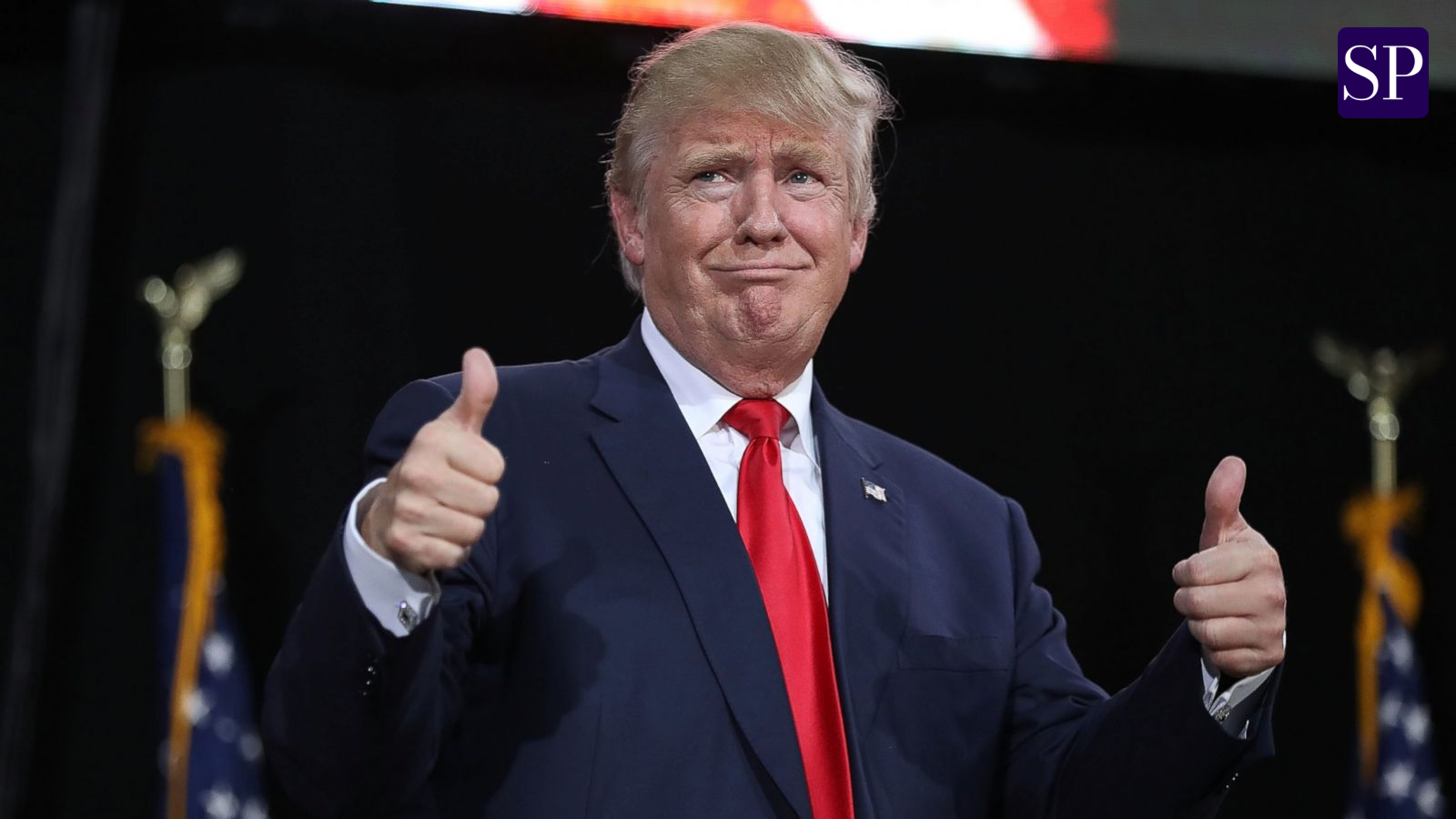In a move that has sent shockwaves through international diplomatic circles, U.S. President Donald Trump has proposed that the United States assume control over the Gaza Strip, oversee its reconstruction, and transform it into what he envisions as the “Riviera of the Middle East.” This announcement was made during a joint press conference with Israeli Prime Minister Benjamin Netanyahu at the White House on February 4, 2025.
Rebuilding Gaza
President Trump outlined an ambitious plan where the war-torn Gaza Strip would be cleared of its current Palestinian population, allowing for an American-led redevelopment effort. He stated, “We will own it and be responsible for dismantling all of the dangerous unexploded bombs and other weapons on the site,” adding that the U.S. would “level” destroyed buildings and initiate economic development to create jobs and housing. He further suggested that Gaza could become home to “the world’s people,” implying a diverse international community inhabiting the area.
Israeli Prime Minister Netanyahu responded positively to the proposal, calling it “an idea worth paying attention to.” He praised President Trump’s ability to “think outside the box” and lauded him as “the greatest friend Israel has ever had in the White House.” Netanyahu emphasized the need to “finish the job in Gaza” and expressed support for the U.S. taking a leading role in the region’s redevelopment.
When questioned about the legal authority under which the United States could assume control of Gaza, President Trump was less forthcoming. He mentioned a vision of “long-term ownership” but did not elaborate on any specific legal or diplomatic framework. This lack of clarity has raised significant concerns among international law experts and human rights organizations.
The proposal to displace the Palestinian population from Gaza has been met with swift and scathing criticism. Senator Chris Murphy of Connecticut wrote on social media, “He’s totally lost it. I have news for you—we aren’t taking over Gaza.” Congressman Eric Swalwell of California expressed incredulity, stating, “Wait, what? The US is going to occupy Gaza? We were promised no more endless wars.”
Even within President Trump’s own party, there was muted enthusiasm for the proposal. A senior political analyst and supporter of the Republicans, speaking anonymously, suggested that it was not a good idea and might not garner support.
The idea of Palestinian displacement is likely to inflame tensions across the region. Jordan’s King Abdullah, set to visit the White House next week, has long warned that any attempt to transfer Palestinians forcibly would be met with fierce resistance. Egypt, which shares a border with Gaza, has also made clear that it will not absorb displaced Palestinians. Saudi Arabia has reiterated its rejection of attempts to displace Palestinians and has stated that it would not establish relations with Israel without the creation of a Palestinian state.
USA’s policy on Middle East
President Trump’s proposal marks a significant departure from previous U.S. policies in the Middle East. Historically, the United States has advocated for a two-state solution, supporting the coexistence of Israel and a sovereign Palestinian state. The suggestion of relocating Palestinians and taking control of Gaza represents a radical shift in approach.
The feasibility of President Trump’s plan faces numerous challenges. The forced displacement of approximately 2 million Palestinians would likely violate international law and could be deemed a crime against humanity. Additionally, the proposal lacks details on how the U.S. would manage the logistics of such a massive relocation, secure the area, and fund the extensive reconstruction efforts.
Legal experts have pointed out that the forced relocation of populations is prohibited under the Geneva Convention. The proposal has been labeled by some as a form of ethnic cleansing, drawing parallels to other historical instances where populations were forcibly removed from their homeland.
Despite the controversies, President Trump envisions significant economic opportunities in redeveloping Gaza. He suggested that the area could be transformed into a prosperous region, potentially becoming the “Riviera of the Middle East.” This would involve substantial investment in infrastructure, tourism, and housing, aiming to create jobs and stimulate economic growth.
President Trump did not rule out the deployment of U.S. troops to secure Gaza if necessary. He stated, “As far as Gaza is concerned, we’ll do what is … .” This raises concerns about the potential for prolonged military involvement in the region, contradicting previous commitments to avoid “endless wars.”
The international community has reacted strongly to President Trump’s proposal. Allies and adversaries alike have expressed concern over the potential destabilizing effects of such a plan. Human rights organizations have condemned the proposal, emphasizing the need to uphold international law and protect the rights of the Palestinian people.
President Trump’s proposal to take over the Gaza Strip and transform it into the “Riviera of the Middle East” represents a bold and unprecedented approach to the Israeli-Palestinian conflict. While it aims to bring stability and economic development to a war-torn region, the plan faces significant legal, ethical, and practical challenges. The international community awaits further details and clarifications on how this proposal would be implemented and its implications for regional peace and security.
